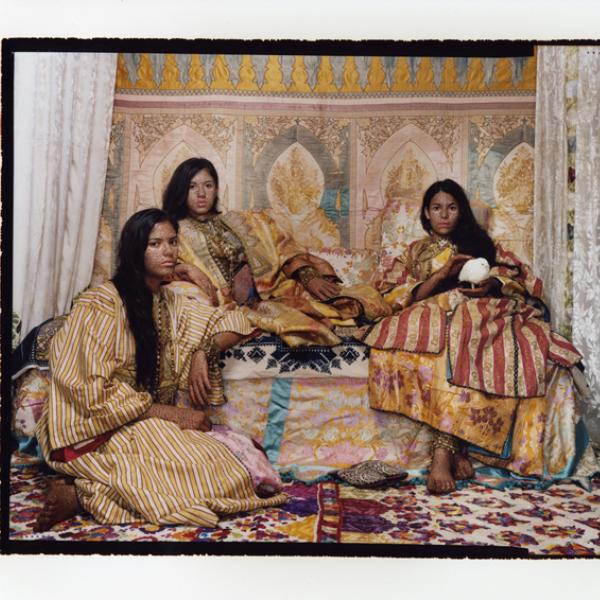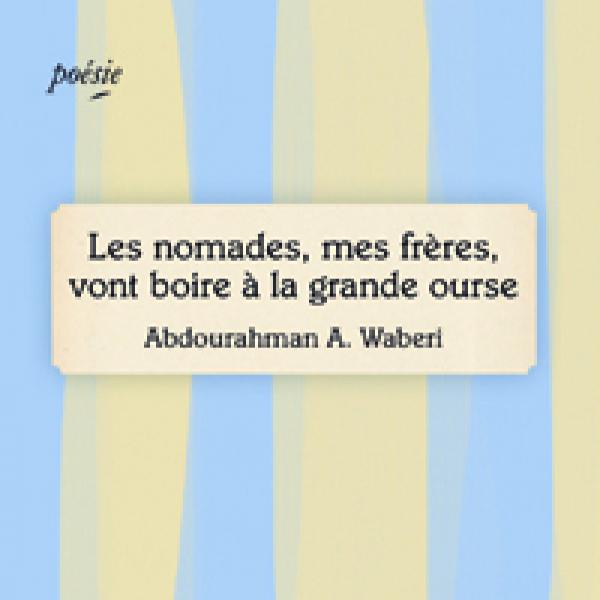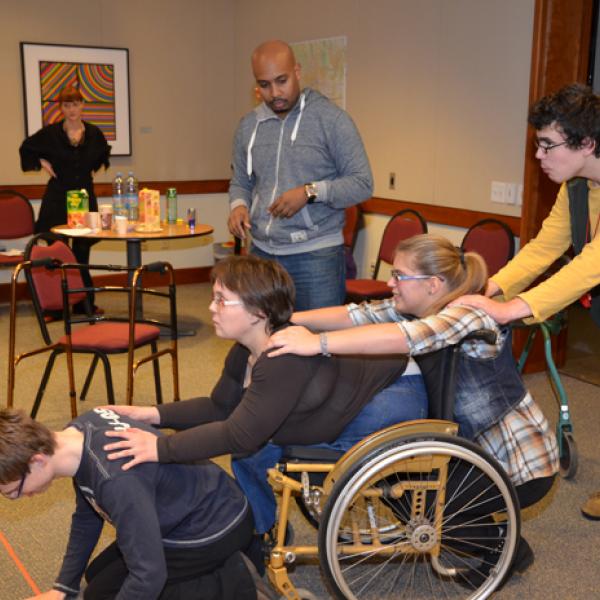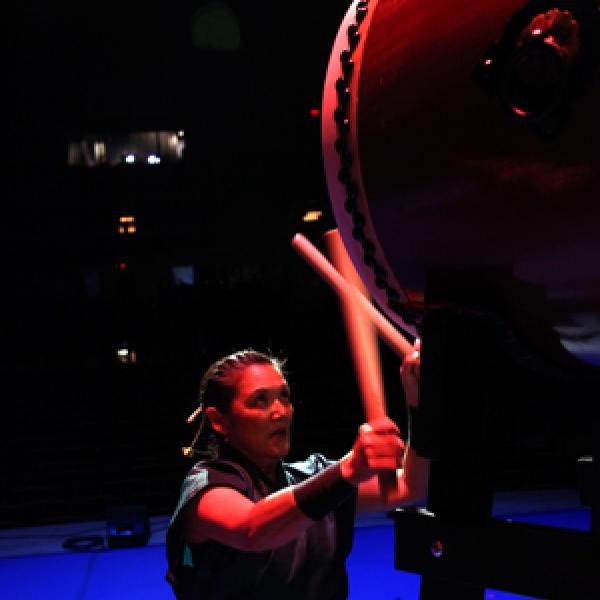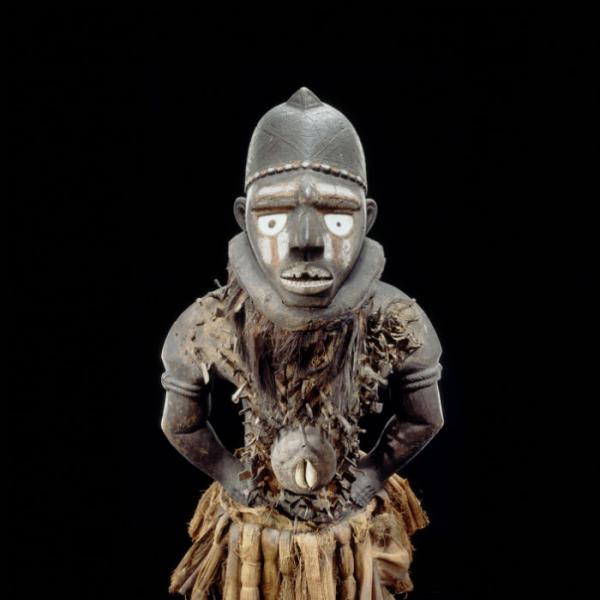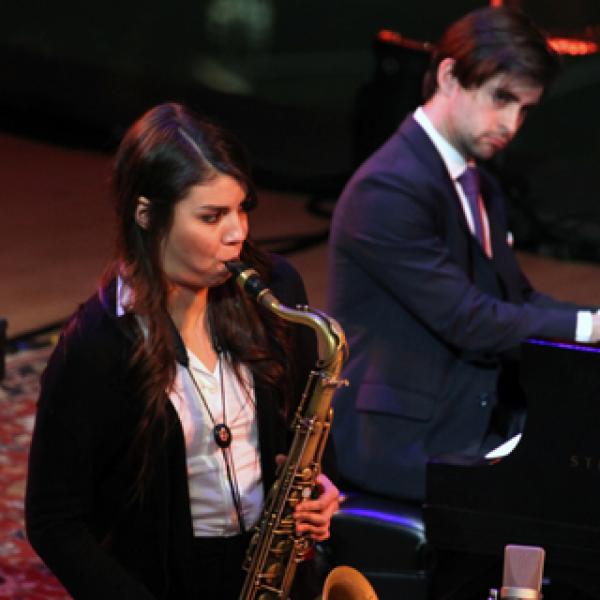The Lao Point of View
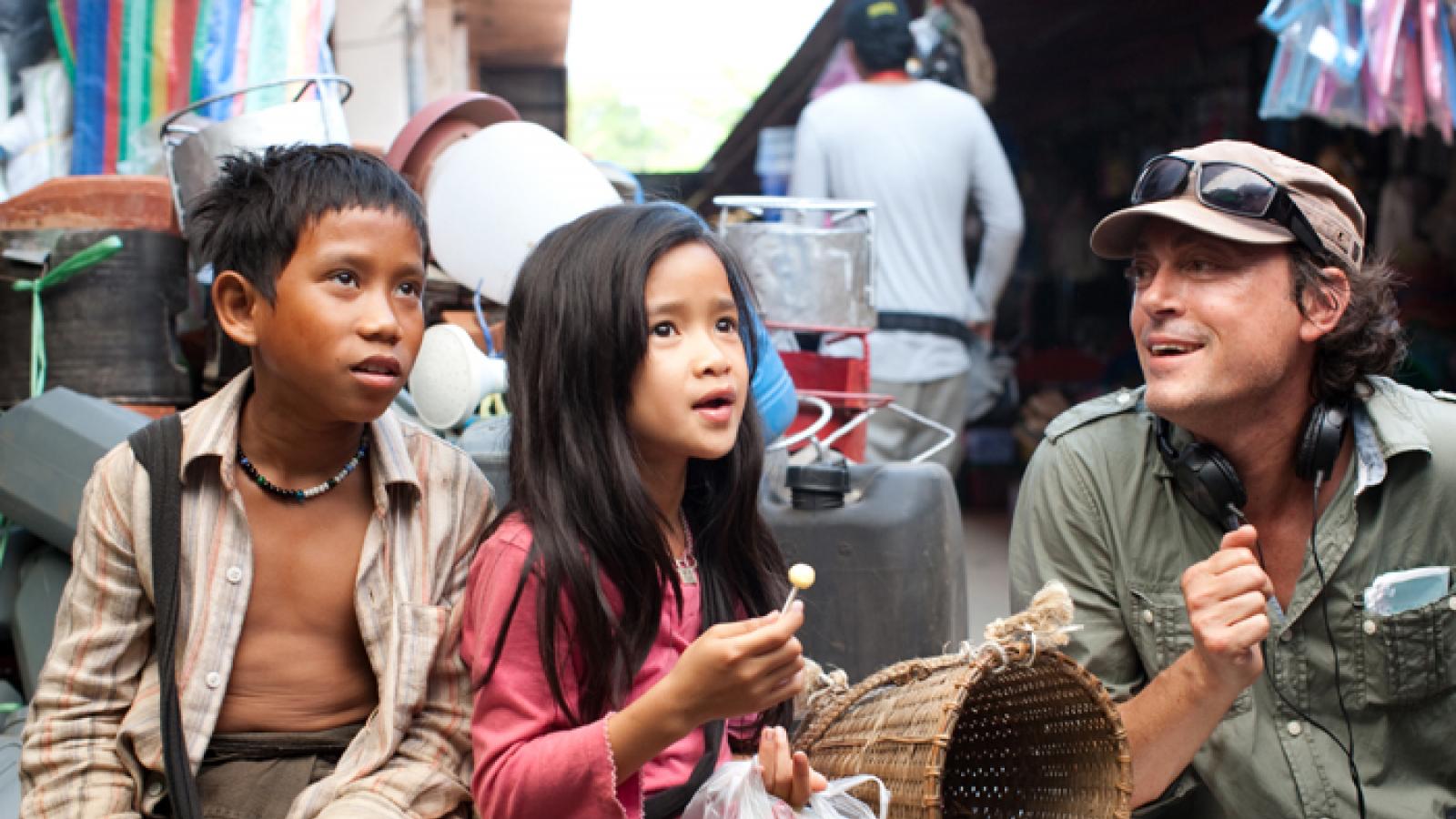
Director Kim Mordaunt grew up on a banana and avocado farm in a sleepy little town in New South Wales. On the weekends, he said, “We’d hitchhike down to town; there would be nothing happening at all. And me and my friends would look around and then hitchhike home and that would be it.” When a film or concert or circus did pass through, it was an occasion, a chance to get a glimpse beyond their quiet corner of Australia. “I’m from a place where we were hungry to meet people and to share our stories, and to get their stories as well,” he said.
This hunger for narratives led Mordaunt to a career in film, first as an actor and now as a director and writer. His debut feature film The Rocket (2013) takes place in Laos and tells the story of a little boy named Ahlo whose family believes he brings bad luck. He is blamed for a series of unfortunate incidents, including a relative’s death and the forced relocation of his family in order to accommodate a new hydroelectric dam. In order to restore his reputation, he sets out to win a local rocket festival with the help of his friend Kia and her eccentric uncle Purple, an alcoholic with a penchant for James Brown.
One of the few films ever made about Laos, The Rocket is a rare, gorgeous glimpse into this beautiful yet beautifully complicated country. Though the film did not pass the censorship board of Laos itself, the wider world will be allowed to enter this once closed society as The Rocket hits the road with Film Forward—a partnership of the Sundance Institute and the NEA, National Endowment for the Humanities, Institute of Museum and Library Services, and President's Committee on the Arts and the Humanities—to share U.S. and foreign films with new audiences here and abroad. It also offers filmmakers a chance to present their films outside the traditional festival setting, and instead engage with people who, like Mordaunt in his youth, might have had limited exposure to worlds beyond their own.
“Filmmakers don’t make their films for a festival audience,” said Meredith Lavitt, director of the Film Forward initiative. “They make their films because they care about an issue, they care about a story, they care about the themes their film is addressing. What Film Forward allows is for those filmmakers to reach the audiences they made the film for.” This is accomplished through post-screening dialogues, as well as workshops and master classes taught by the filmmakers.
For Mordaunt, the film was made as much for the people of Laos as it was for international viewers. Although fictional, the film drew on years of research acquired during the production of Bomb Harvest, Mordaunt’s 2007 documentary about an Australian bomb disposal team in Laos. During the Vietnam conflict, the U.S. launched an aggressive aerial campaign on Laos as part of its Communist containment policy, averaging what a 2008 Guardian article described as “one B-52 bomb-load, every eight minutes, 24 hours a day, between 1964 and 1973.” Laos remains the most heavily bombed country in history, and undetonated explosives continue to litter the nation.
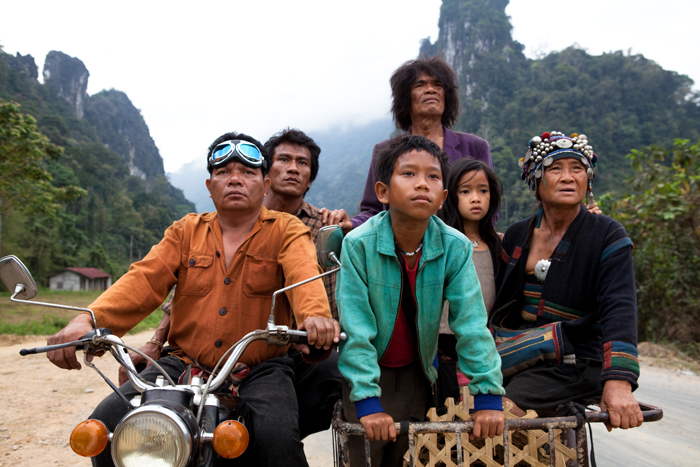
As Mordaunt’s crew filmed the documentary, they came across children who collected bits of bombs for scrap metal, and saw the forced relocation of traditional communities as foreign companies came in to exploit the country’s resources. He learned about the deep suspicions and folklore of Lao people, their sense of humor, and their persistently positive attitude despite decades of war and poverty. He also learned of the rocket festivals, which traditionally involved shooting rocketsinto the air to ask the gods for rain. In recent decades however, Mordaunt said these festivals have taken on a cathartic element as people shoot back into a sky that rained bombs on them for so long.
Although most of these scenarios didn’t make it into Bomb Harvest, they began to gnaw at Mordaunt. He had fallen in love with Laos and its people while filming his documentary, and he sensed their stories were ones that needed to be told. “[Bomb Harvest] producer Sylvia Wilczynski and myself thought, ‘We have to continue this relationship,’” he said. “It’s something that doesn’t leave you. It gets into your belly and you get back home in Australia here in our very complacent, great life, and you can’t stop thinking about it.”
These nagging narratives were encouraged by the Lao community, which was eager for Mordaunt and Wilczynski to make another film. There was a caveat however: this time, it was requested that the film be told from a Lao point of view, with Lao protagonists, and filmed in the Lao language. Initally, Mordaunt said, “The idea of making The Rocket was daunting and terrifying,” especially since he isn’t fluent in Lao. But without a developed Lao film industry, those he had worked with on Bomb Harvest told him, “If you guys aren’t going to make this film, we’re not sure who else will.”
So he and Wilcyznski were back at it, using the trust and relationships they had built during Bomb Harvest to visit more than a dozen traditional communities, speaking with families and consultants in order to learn about the people they would portray. Because they were telling a story that was not their own, “We definitely felt a huge responsibility,” said Mordaunt. “I kept rewriting the script. Every time I showed it to the cast, or to a consultant in the region, or anyone in the region, if anything came up that we thought wasn’t accurate, I would rewrite. It was a long period of consultation and rewriting and rewriting until we felt like we’d got something that was accurate but cinematic and hopefully would entice an audience into this place they’d never been.”
Their efforts appear to have paid off. The Rocket has won a slew of awards at international film festivals, including audience award for best feature at the Sydney Film Festival, best first feature at the Berlin International Film Festival, and best narrative feature and audience award for most popular narrative feature at the Tribeca Film Festival. As part of Film Forward, it will now move beyond this festival circuit and into communities that may have never heard of Laos, let alone know its war-ravaged history or its contemporary concerns.
And yet, there is still much to recognize. At its heart, the story is about a dysfunctional family struggling to forgive and forget, “something I think that any family can understand,” Mordaunt said. It is the story of the underdog, of friendship, and of resilience in the face of adversity. Many communities, too, will identify with the film’s themes of displacement, particularly those who may have immigrated or were forced to move due to regional conflict.
This spring, Mordaunt will be presenting The Rocket at Film Forward events in Pennsylvania and Bosnia and Herzegovina, both of which were chosen because of their connections with the film. As with Laos, Bosnia and Herzegovina experienced a long and brutal civil war, whose legacy is also perpetuated by live land mines and unexploded munitions. Pennsylvania, which has a sizable Lao community, has another, more surprising connection. Mennonites, a religious sect with large populations in Pennsylvania, have played an active role through the years in clearing cluster bombs in Laos and educating international leaders about the dangers of these unexploded “bombies.”
“One of the beauties of this program is it has this amazing grassroots element,” said Lavitt. “You can dig in and say, ‘What are the ways we can make this film relevant to the communities where we’re bringing it?’”
For his part, Mordaunt—a long way from the sleepy little town he grew up in—simply wants to share his art with others, hoping they have the sort of experience he was seeking when hitchhiking into town as a child. “I’m just hoping that the film connects with people, and that it’s an emotive response. That’s all you can hope for,” he said.


